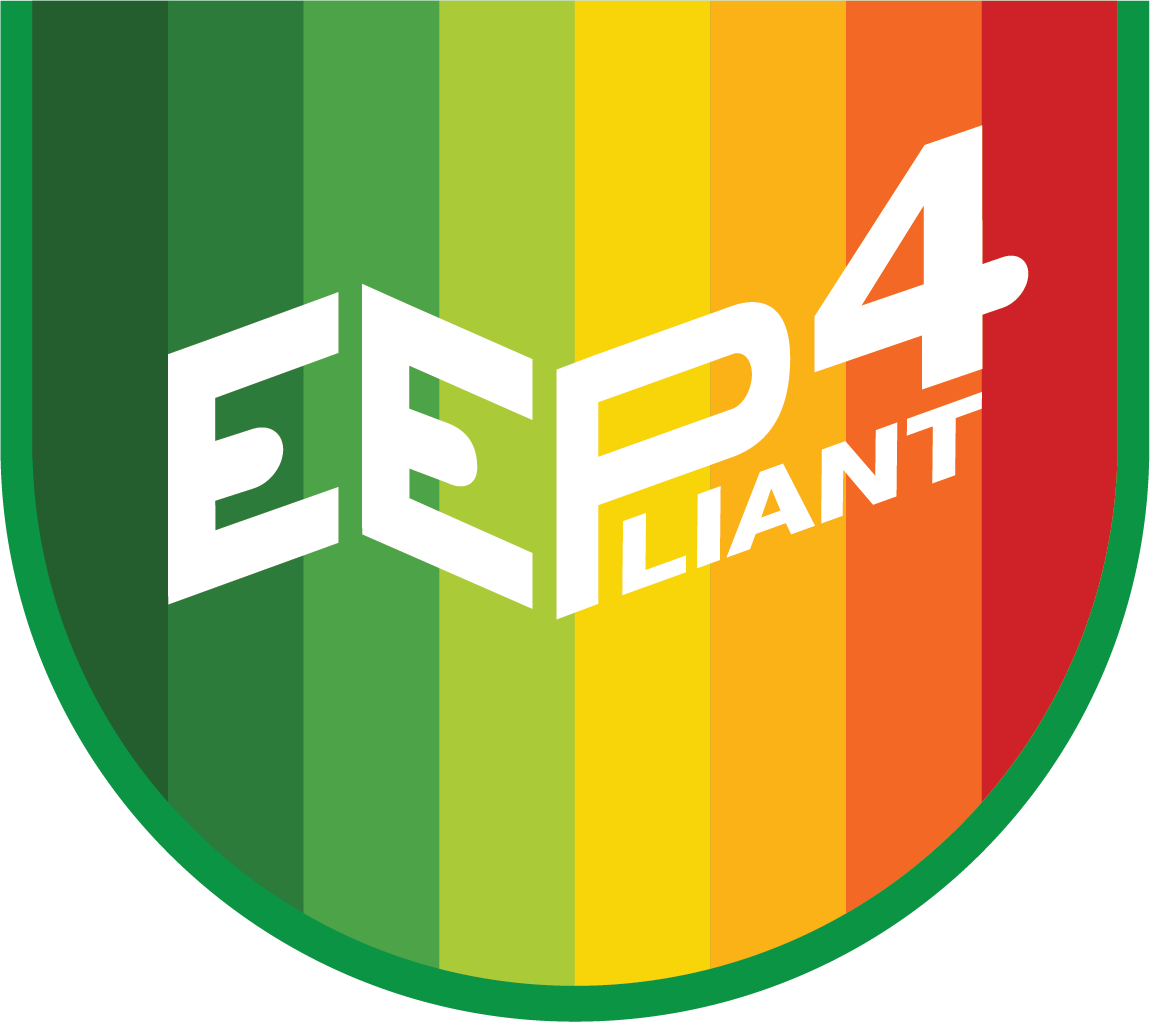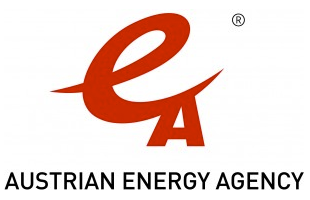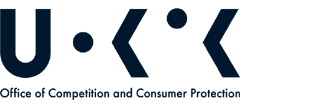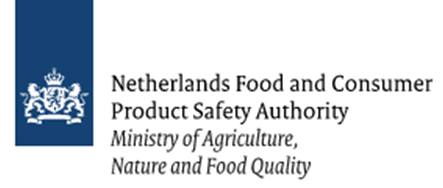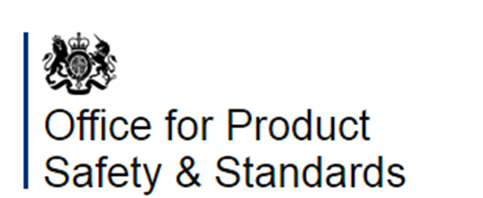What is EEPLIANT2014?
Overview
EEPLIANT2014, also known as EEPLIANT1, took place within the period 2015 - 2017. Its key objective was to help deliver the intended economic and environment benefits of the EU Energy Labelling and Ecodesign Directives by increasing the rates of compliance with the energy efficiency requirements. This was achieved through the joint monitoring, verification and enforcement activities of firteen Market Surveillance Authorities (MSAs) and one national agency. The action had a transnational impact across the EU Single Market. Indeed, the project, coordinated by PROSAFE and funded by the European Union under the Horizon 2020 framework, involved the following countries: Austria, Belgium, Bulgaria, Denmark, Germany, Lithuania, Malta, The Netherlands, Poland, Slovenia, Sweden, and The United Kingdom.
The participants of the project tested energy performance of LED lamps, imaging equipment (printers), and space heaters and combination heaters, and reviewed their technical documentation. Products were being sampled from the market following a risk-based approach. In case of any non-compliance found, the market surveillance authorities took appropriate enforcement action on their own markets.
Best Practices Guidelines
To this end, EEPLIANT2014 developed further a guide for Best Practices whose groundwork was laid by ECOPLIANT. It focussed on the Ecodesign and the Energy Labeling legislations and provided advices for MSAs on:
- How to set up national market surveillance and inspection programmes
- How to select products for inspection, including risk assessment
- How to identify EEA-wide product model numbers
- How to conduct document inspection
- How to conduct compliance verficiation laboratory tests
- Sharing of inspection results
- How to enforce the provisions of the regulations
These Best Practices were shared among the participating MSAs and with other EU national and regional authorities. You can download the guide for Best Practices here.
EEPLIANT2014 was also designed to facilitate the cooperation with other stakeholders, such as industry associations, civil society, governments, etc., in achieving higher level of awareness and higher rates of overall product compliance with the EU legislation requirements.
The project was a highly visible demonstration to all stakeholders that the marketplace is being policed. EEPLIANT 2014 helped also to create capacity in MSAs where, in some cases, none existed before and to improve the harmonisation of enforcement actions between authorities located in different Member States.
